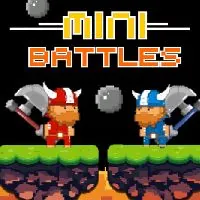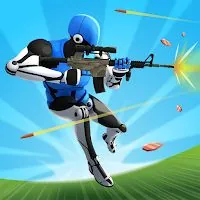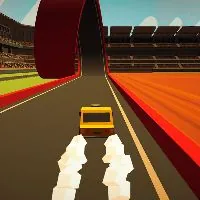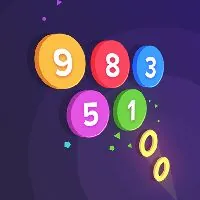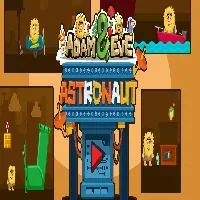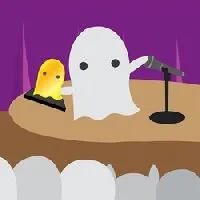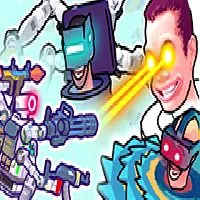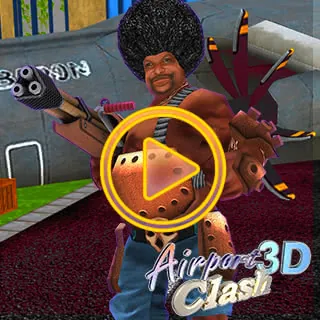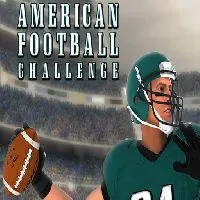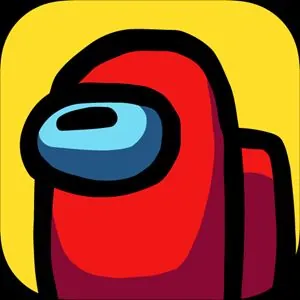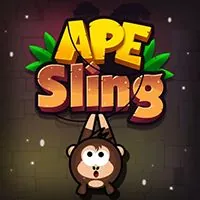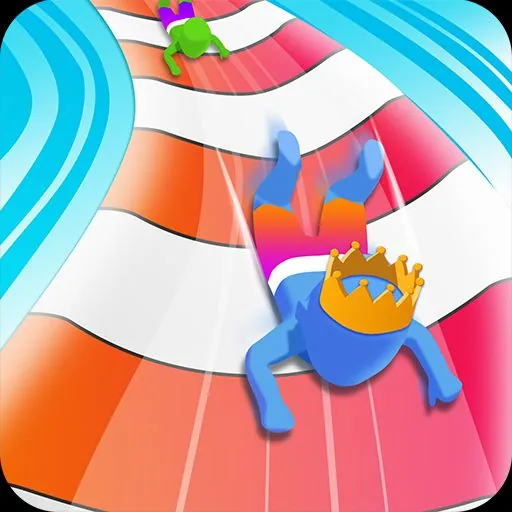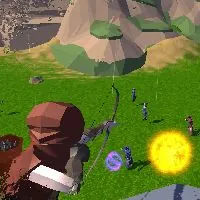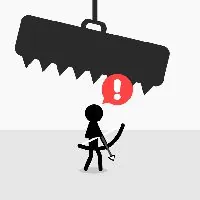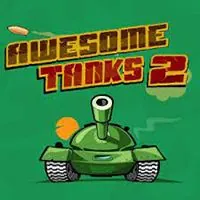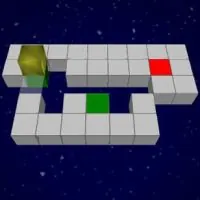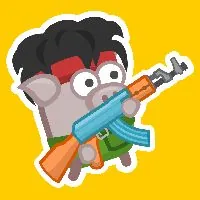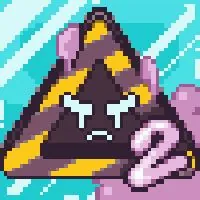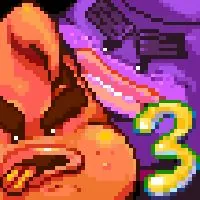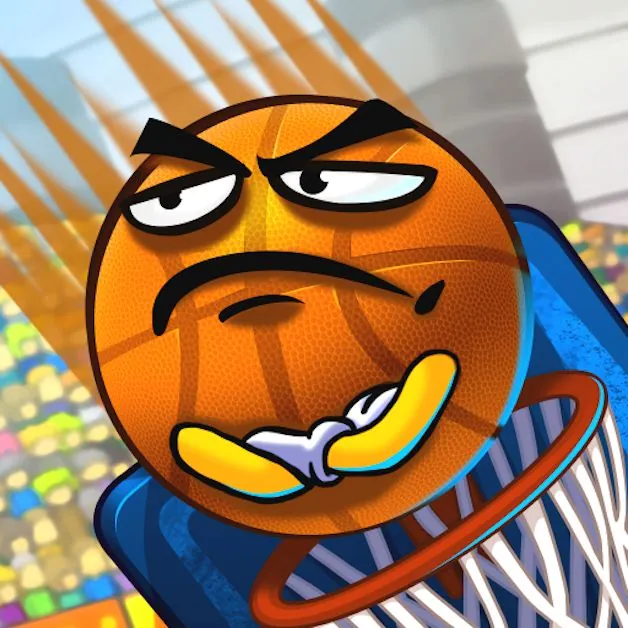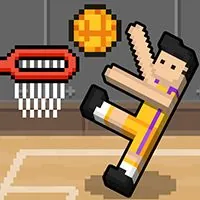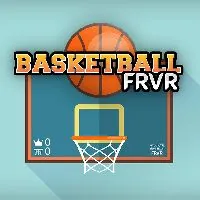CATS
SIMILAR GAMES
Description
Cats - GitLab Games
About Cats - GitLab Games
We are delighted to present a comprehensive exploration of the intersection between feline companions and the dynamic world of GitLab Games. Our focus is on crafting an engaging and informative experience that delves deep into how our beloved pets can be integrated, even conceptually, into the exciting realm of digital development and collaborative workflows. While the idea of directly involving cats in the coding process might seem whimsical, the principles behind their nature and the structured environment of GitLab offer surprisingly rich parallels and inspiration. We aim to provide an unparalleled resource for those seeking to understand this unique synergy.
The Feline Connection to Collaborative Platforms
The inherent curiosity and independent spirit of cats often lead them to explore their surroundings with meticulous attention to detail. This mirrors the diligent approach required in software development, where every line of code, every commit, and every merge request needs careful scrutiny. In the context of GitLab Games, we can envision how the disciplined yet adaptable nature of cats can serve as an analogy for successful teamwork. Just as a cat learns to navigate complex environments and solve problems independently, developers working within GitLab must exhibit both individual initiative and the ability to collaborate seamlessly. The iterative nature of developing games, a core component of what we explore under GitLab Games, also finds resonance in a cat’s patient observation and subsequent action, whether it’s stalking a toy or mastering a new trick.
Understanding Workflow Analogies: The Cat's Daily Rituals
Consider the daily routines of a cat. There is a structured pattern to their day: periods of intense focus during play or hunting, followed by essential rest and rejuvenation. This rhythm can be likened to the agile development methodologies often employed within teams utilizing platforms like GitLab. The concept of "sprints" in agile development, where teams focus intensely on specific goals, aligns with a cat’s sudden bursts of energy. Equally important is the cat’s ability to rest and recharge, crucial for maintaining peak performance, much like the need for developers to avoid burnout and maintain mental clarity. Within GitLab Games, appreciating these natural cycles can inform how we structure our development sprints and foster a more sustainable and productive environment.
From Playfulness to Productivity: Harnessing Cat-Inspired Strategies
Cats are masters of playful engagement, turning even the simplest objects into sources of intrigue and challenge. This inherent playfulness is a powerful, yet often underestimated, driver of innovation and problem-solving. In the context of GitLab Games, we can draw inspiration from this. How can we inject more engaging and enjoyable elements into our development processes? This might involve gamifying certain aspects of the workflow, creating challenges, or fostering a more lighthearted and creative atmosphere. The unexpected solutions that a cat might devise when presented with a puzzle are a testament to their creative thinking. Applying this mindset to software development can lead to breakthroughs and novel approaches to complex problems within the GitLab Games ecosystem.
The Importance of Iteration and Feedback: A Cat's Learning Curve
A cat learns through repeated attempts and by observing the consequences of its actions. If a certain jump doesn't land correctly, or a toy is out of reach, the cat will adjust its approach for the next attempt. This iterative process is fundamental to learning and improvement. In software development, this translates directly to the core principles of version control and continuous integration/continuous delivery (CI/CD) found within GitLab. Each commit represents an iteration, and through testing and feedback, we refine our work. The ability to "roll back" to previous stable versions, a key feature of GitLab, is akin to a cat instinctively knowing when to abandon an unsuccessful strategy and try something new. This is a crucial aspect of building robust and reliable projects within GitLab Games.
Building a Successful Project: The Cat's Tenacity
Cats are known for their remarkable tenacity. When a cat sets its mind to something, whether it's reaching a high shelf or catching a elusive laser dot, it often perseveres until successful. This unwavering determination is a valuable trait in any endeavor, especially in the often-challenging world of software development. Projects, particularly those within the scope of GitLab Games, can face numerous obstacles and setbacks. Embracing the tenacity of a cat means not giving up easily, learning from failures, and continuing to push forward. It’s about the commitment to seeing a project through to completion, much like a cat's dedication to its goal.
Tools and Techniques: Enhancing Your GitLab Experience with Feline Principles
While we cannot directly integrate our feline friends into the coding environment, we can adopt principles inspired by their behavior to enhance our workflows. For instance, the concept of focused work sessions, similar to a cat’s intense play periods, can be highly beneficial. Techniques like the Pomodoro Technique, which involves structured work intervals and short breaks, draw parallels to a cat's natural rhythm. Furthermore, fostering an environment of curiosity and exploration within development teams, mirroring a cat's investigative nature, can lead to more innovative solutions. Within the framework of GitLab Games, these adopted principles can significantly improve team morale and project output.
Community and Collaboration: The Social Aspect of Felines and Development
Although often perceived as independent, cats also engage in social behaviors, particularly within their familiar groups. They communicate through subtle cues, body language, and vocalizations. Similarly, effective collaboration in development hinges on clear communication and understanding within a team. GitLab provides the essential tools for this, enabling developers to share ideas, provide feedback, and work together cohesively. The concept of shared repositories and collaborative editing in GitLab can be seen as an extension of this social dynamic, fostering a collective effort towards common goals, a vital component of any successful venture in GitLab Games.
The Future of Cats and GitLab Games
As technology continues to evolve, the ways in which we interact with and draw inspiration from the world around us will undoubtedly expand. The connection between the intuitive intelligence and adaptable nature of cats and the structured, collaborative environment of GitLab offers fertile ground for future exploration. We believe that by understanding and applying these feline-inspired principles, individuals and teams can achieve new levels of success and creativity within the exciting domain of GitLab Games and beyond. Our commitment is to continuously uncover and share these profound connections.
Play Cats for free on GitLab Games, where we offer a dynamic platform featuring thousands of the best unblocked games online. Our extensive library ensures pure enjoyment with an ad-free experience, keeping you immersed in the action without distractions. Accessible from school, work, or home, our Gitlab games deliver seamless fun anywhere you are. We’ve streamlined the experience—play effortlessly with your keyboard or a simple click, tailored to how you like to game. Dive into our collection of unblocked games, including popular categories like unblocked games 66, unblocked games wtf and cool math games Gitlab, and enjoy entertainment that’s always within reach and endlessly captivating.
